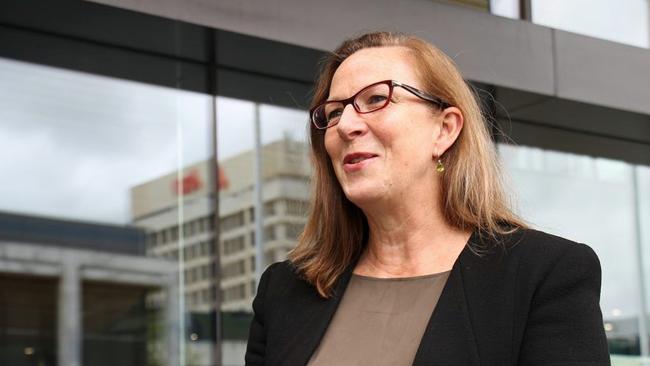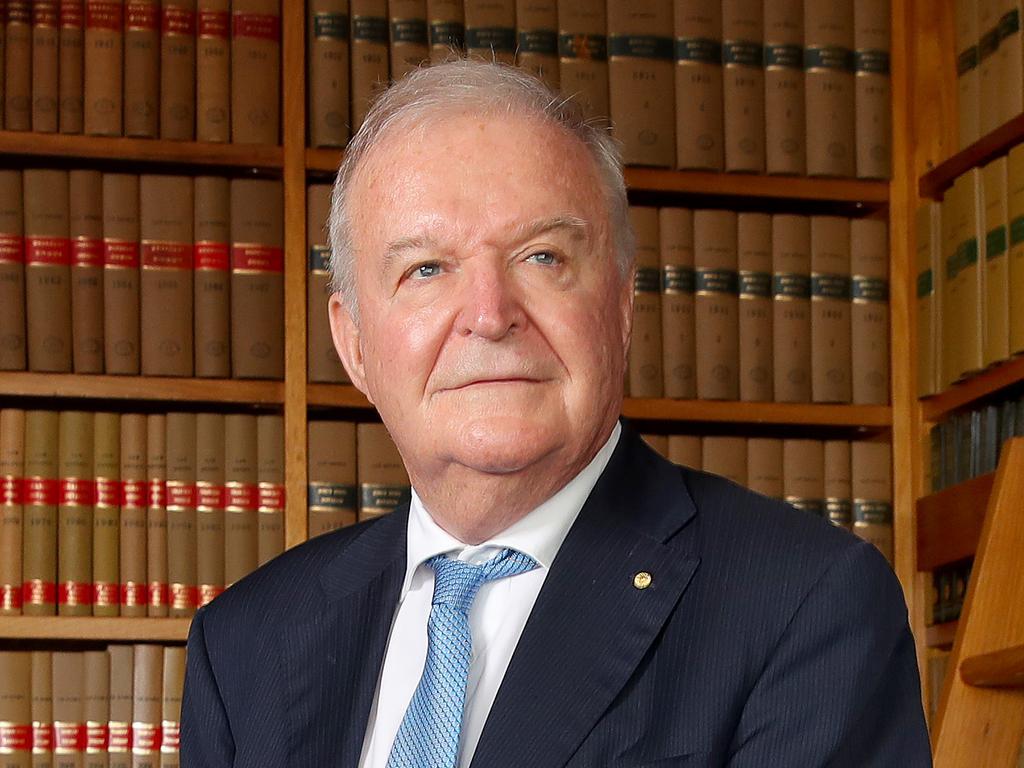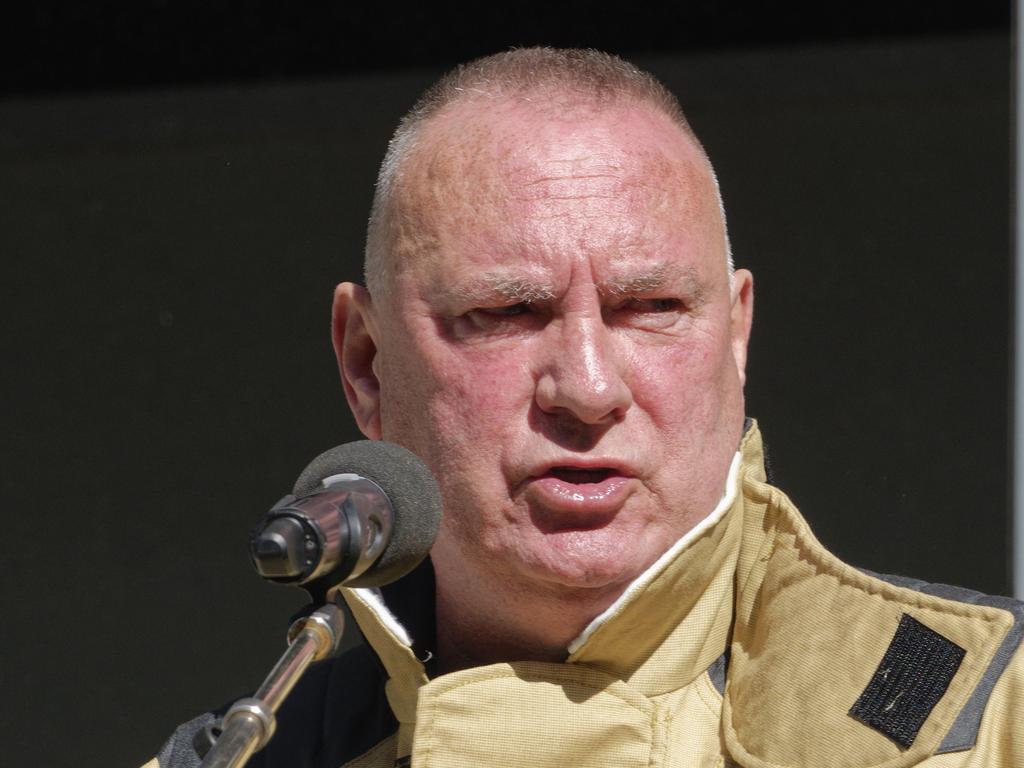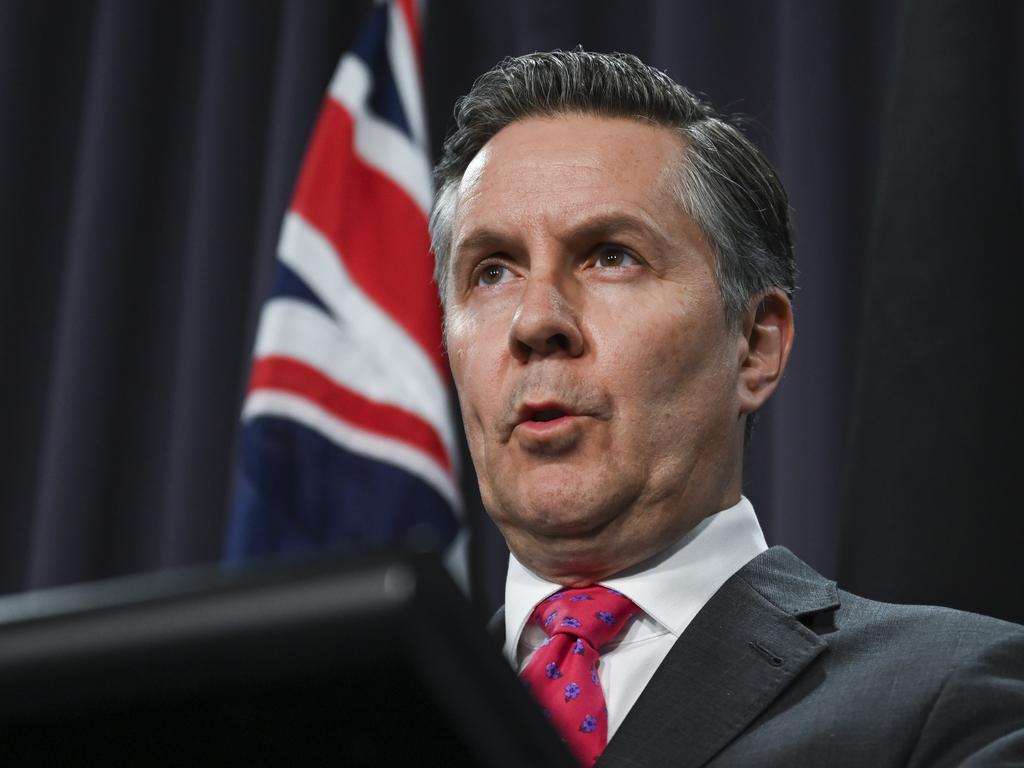Ideology has no place in sexual assault law reform
The remarks and resumes of those in charge of this important issue make for worrying reading.

However, the early signs are bad. Bromberg and Neave appear to have already nailed their colours to the mast in a way that makes it hard to scramble back to the proper path one might expect from law reform commissioners of neutrality and impartiality.
Bromberg started out by paying lip service to the need for balance when he said the inquiry would focus on “improving both the experience and outcome of victim-survivors without … compromising the rights of the accused”.

But look closer at his use of the term “victim-survivor”. Bromberg’s language gives the game away. Using the term favoured by #MeToo activists rather than the more accurate legal description of “complainant” assumes guilt when it has not been proved. It is an ideological phrase, not a legal one. Is it too much to expect that law reform commissioners should be grounded in law, not ideology?
Bromberg went on to put his approach into further doubt, saying that the desires of victim-survivors would take primacy in the inquiry and those desires could be achieved through civil alternatives.
Neave, too, likes the civil system. “There’s no right of silence in the civil justice system,” she said, adding: “There are things in the civil justice system you might want to think about.” Let’s hope she is not saying let’s get rid of these pesky rights accused people have in the criminal system. As Australian Lawyers Alliance national criminal justice spokesman Greg Barns SC told this newspaper last month, “any suggestion that the standard of proof be reduced ought to be rejected”.
“The fact that a rape conviction in criminal law has serious consequences, such as the loss of liberty of the accused person, means it should have the highest standard (of proof),” he said. “We don’t lower the standard simply to increase convictions.
“It would be a very, very dangerous precedent, because if we use it in these cases, then why not use it in burglaries, for example?”

Barns also warned against removing the right to silence. “Our system of justice for centuries has said it’s for the prosecution to prove its case, and the defendant can’t be compelled, for good reason. The right to silence is sacrosanct in our democracy,” he said.
Equally problematic is that both Bromberg and Neave say they are big believers in the “data”. Bromberg quoted statistical information suggesting only about 13 per cent of rape victims reported their assault. This led him to conclude that “something in the order of perhaps eight or nine perpetrators of 10 are not made accountable at all and are not brought to justice at all”. How does Bromberg know that upwards of 80 per cent of perpetrators are escaping jail? The justice system has not decided on guilt yet. These are alleged perpetrators. Alleged is not a word that can be skipped over so lightly, especially by the president of the ALRC. Or is Bromberg saying skip the trial?
Neave complained “lawyers have historically not used data very well”. What does this mean? Are we to set up quotas under which a set percentage of accused persons are to be presumed guilty? If we do so in sexual assault cases, why not other cases?
As Hanna Legal principal Nick Hanna told this newspaper in May, it’s wrong to think that false allegations of sexual assault don’t happen. “Those of us who work in the criminal justice system, including prosecutors, know this is simply not the case,” he said.
“There are a range of reasons for complainants making false accusations, including mental illness or ulterior motives.”

The evidence is already mounting that while it was once critical to make the legal system more user-friendly and compassionate towards sexual assault complainants, the pendulum may have swung too far. We have now had five NSW judges complain innocent men have been hounded by prosecutions for sexual assault so lacking in merit they should never have been brought.
The jury in the prosecution of prominent rugby player Kurtley Beale had only just closed the door on the jury room when they were back to throw the manifestly unfair charge out. Harry Garside, another prominent sportsman, had been smart enough to take his own video proving the assaulting party was his girlfriend not him. NRL player Jarryd Hayne has spent a lengthy period of time in jail, and faced several trials, on charges of which he must be again presumed innocent. Or Mr Jackmain, the pseudonymous appellant who because of overreaching, if well intentioned, laws of evidence was refused permission to bring evidence that his complainant had brought 12 false claims of sexual assault against a variety of defendants.
If all this were not enough to make you think the activist pendulum had swung too far, the Chief Justice of the ACT, Lucy McCallum called concerns about a fair trial an “intractable problem”. One hopes this was clumsy language, not ideology.
Thwarted time and again by the good sense of ordinary jurors, along with barristers and brave judges, calling out judicial or legislative overreach, activists never sleep. A new wheeze springs up every day.
Call a scenario that a defendant may seek to rely on to raise doubt a “rape myth” and “trauma-informed” judges will exclude it. Or point to the data – the numbers apparently never lie so we should be paying less attention to the individual merits of individual cases and relying on the iron clad guarantees of the laws of big numbers. Establish specialised courts in which only those lawyers who have been properly indoctrinated in activist doctrine can appear – kangaroo court would be a complimentary name for such a court.

The latest wheeze, one that Neave and Bromberg seem already to favour, is lowering the standard of proof by turning what was once a criminal matter into a civil one. The beauty of this is that a complainant who wins such a trial will be able to use a criminal label – “rapist” – without having to prove it to a criminal standard. And while the complainant in a civil trial won’t get the satisfaction of a prison sentence if successful, they will be eligible for damages that one would expect to be substantial.
One can expect this to spawn a whole new shakedown legal industry – suing high-profile footballers alone may become the life’s work of some lawyers. And any footballer, or indeed any other prominent person, will have little choice but to settle such a claim.
Overblown? This is where the track record of Bromberg and Neave becomes relevant. When Federal Court Justice Mordecai Bromberg was appointed president of the ALRC, inner city leftists would have seen it as a historic opportunity to fuse judicial activism with the capture of institutional policy-making in a perfect storm of revolutionary change.
The ALP branches to which Bromberg belonged will no doubt have been singing round after round of the Internationale, throwing cloth caps in the air and generally celebrating the news. For the rest of us, not so much.
Indeed, we can look forward to what I anticipate will be five years of dismal ALRC recommendations embodying the ideals Bromberg espoused when explaining his motivation for leaving the law and standing for ALP preselection for parliament in 2001: “I’m certainly not doing this for the money. But I am committed to improving the Workplace Relations Act to make it fairer and more equitable and I think I can be more effective doing that in parliament.”
Described by The Age at the time as a long-time member of the Labor Party, Bromberg never made it to parliament, but he did make it to the Federal Court bench where his novel legal approaches attracted headlines in areas from workplace law to climate change. In industrial matters his judgments were, statistically speaking, strikingly pro-union. His radical judgments on casual employment in the Skene and Rossato cases were comprehensively overturned by the High Court.
Bromberg’s judicial creativity was not limited to workplace law matters. In one case, Bromberg created a novel duty of care in a class action brought by children who wanted an order to stop an extension project to Whitehaven Coal’s Vickery mine on the basis that it would add to emissions that cause catastrophic harm to the health of all children. This horrified the full Federal Court.
As Justice Jonathan Beach said when overturning Bromberg’s duty of care frolic: “This was a bold step to take, given that trial judges normally only assess, admire or indeed chop down completed forms … it is for the High Court, not us, to engineer new seed varieties for sustainable duties of care.” Bromberg must be cheering his new liberation from legal orthodoxy.

Neave too has form in the “reform” of sexual assault laws. In 2004 she presided over a Victorian Law Reform Commission report into sexual offences whose recommendations (including specialist court lists, “training” for judges and lawyers, changes to the committal process, and recommendations to protect complainants during cross examination) would have been cheered by modern commentators like Lucy McCallum. Some of Neave’s suggested reforms may have been sensible but with #MeToo activism ramping up to dangerous levels, one wonders if Neave can be the person to rein in Bromberg’s wilder side. It would be worse than unfortunate if these two spend their time in furious assent, praising each other’s work and wondering how the world will ever cope without their latest “reform” insights.
Frankly, if there is so much as a comma in their report that disappoints Dreyfus and the #MeToo activists, I would be staggered. Pity.
Is it unfair to wonder whether these two former judges, whose CVs don’t mention running criminal trials, are eminently unqualified to be at the helm of a review into reforming the conduct of criminal trials? Is it unfair to ask whether one of their more obvious qualifications seems to be as signed up members of the legal left? Or is this all about politics?
There are many problems with the law and practice relating to sexual assaults that would benefit from a cold, forensic look at the issue from both sides. So why not add people to the review panel who have “lived” experience – to coin a faddish phrase – in criminal trials, be they judges and/or lawyers to ensure that an accused’s fundamental rights are indeed protected. Not in throwaway words, but in reality. Why not include Barns or long-time criminal barrister Steve Whybrow SC, or similarly experienced lawyers?
A genuine contest of ideas at the ALRC would at least make it possible that the review’s recommendations have been tested for the sake of a fair trial for all. A chorus line-up of people clamouring to toss aside our foundation values is dangerous.







Fairness demands one should, at least initially, give Australian Law Reform Commission president Mordecai Bromberg and part-time commissioner Marcia Neave the benefit of the doubt. It’s possible the review of the nation’s sexual assault laws by these former judges at the behest of Attorney-General Mark Dreyfus will be a balanced affair, paying proper regard to the rights of all those dragged into these unhappy events.